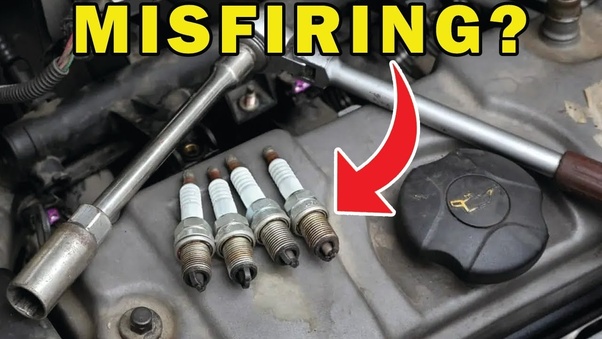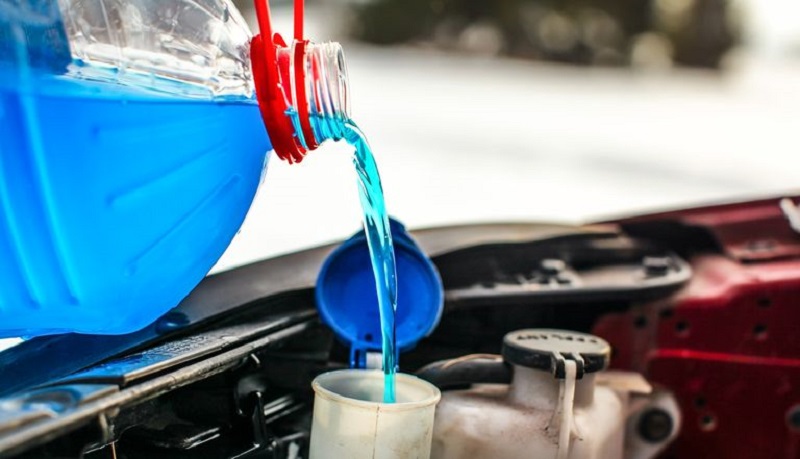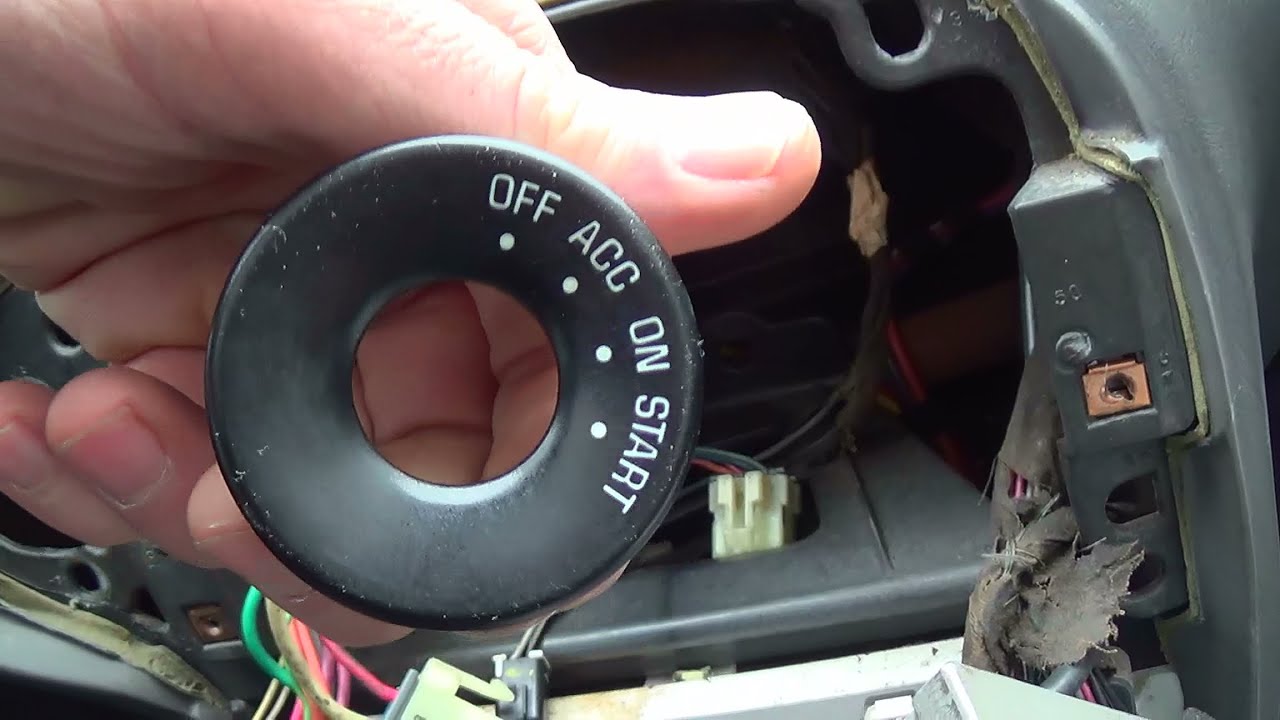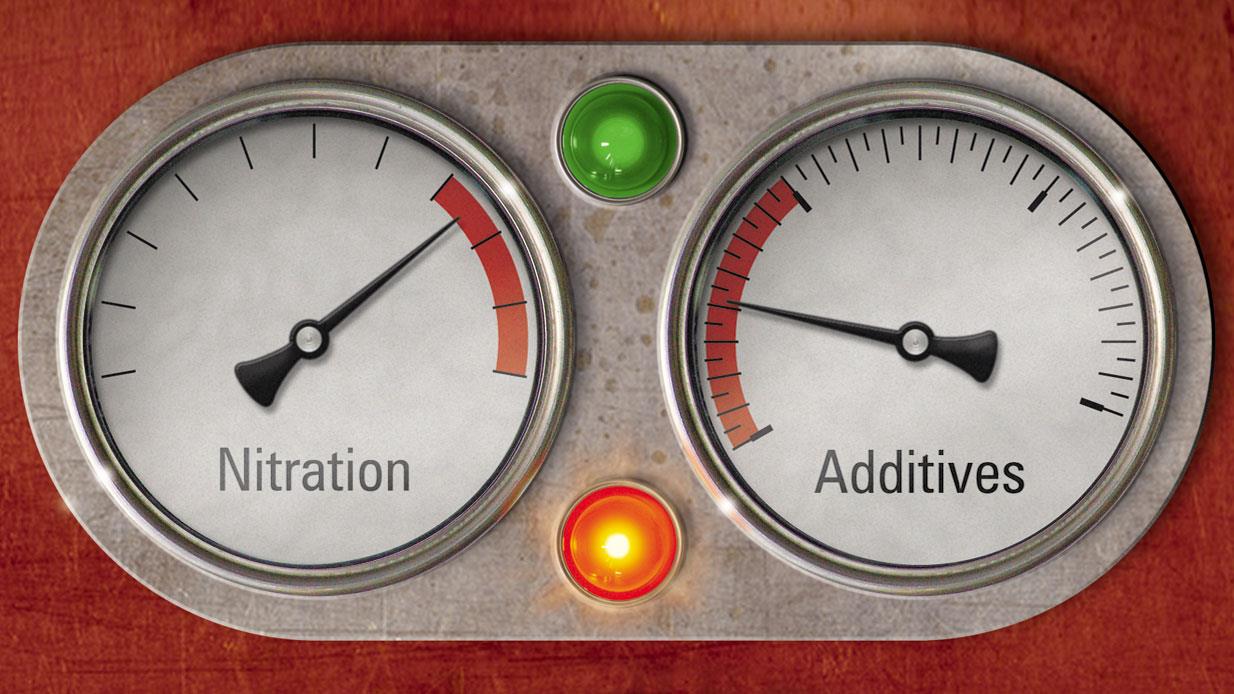Can a Bad Coil Pack Cause Low Compression
A bad coil pack cannot directly cause low compression. Low compression usually stems from issues within the engine’s cylinders.
Understanding vehicle maintenance can often be confusing, especially when it comes to the myriad of parts within an internal combustion engine. A coil pack is an essential component of a car’s ignition system, playing a pivotal role in igniting the air-fuel mixture within the engine’s cylinders.
While a faulty coil pack can lead to a variety of engine problems, including misfires, rough idling, and loss of power, it does not affect the compression of the cylinders. Compression in an engine is related to the piston, rings, cylinder, and valve integrity. If you’re experiencing low compression, the fault lies in these areas rather than with the ignition system. Proper diagnostic work is necessary to pinpoint the exact cause of low compression in an engine.
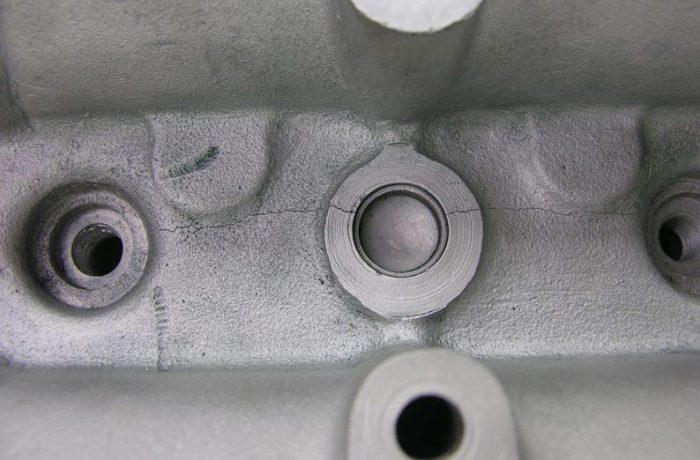
Credit: carfromjapan.com
Symptoms Of A Failing Coil Pack
When the coil pack in your car starts to fail, it is a serious issue. Like a bad actor on stage, it can ruin the show for everyone – in this case, your car’s performance. The coil pack is responsible for converting the 12 volts from the battery into the thousands needed to spark the fuel mixture in the cylinder. So if it’s not in tip-top condition, your engine’s performance will drop, mimicking low compression symptoms.
Let’s diagnose the trouble signs of a failing coil pack.
Misfires And Engine Performance
- Engine misfires often, sounding rough and uneven.
- Lack of power during acceleration is common.
- The vehicle might feel jumpy or jerky when you rev the engine.
- Check engine light often glows bright on the dashboard.
Ignition Issues And Starting Difficulties
- Starting the car becomes a chore; the engine cranks but does not start.
- Stalling becomes more frequent, especially unpredictable while driving.
- Ignition coil issues can lead to poor fuel economy.
- Strange noises may come from the engine as it struggles to run smoothly.
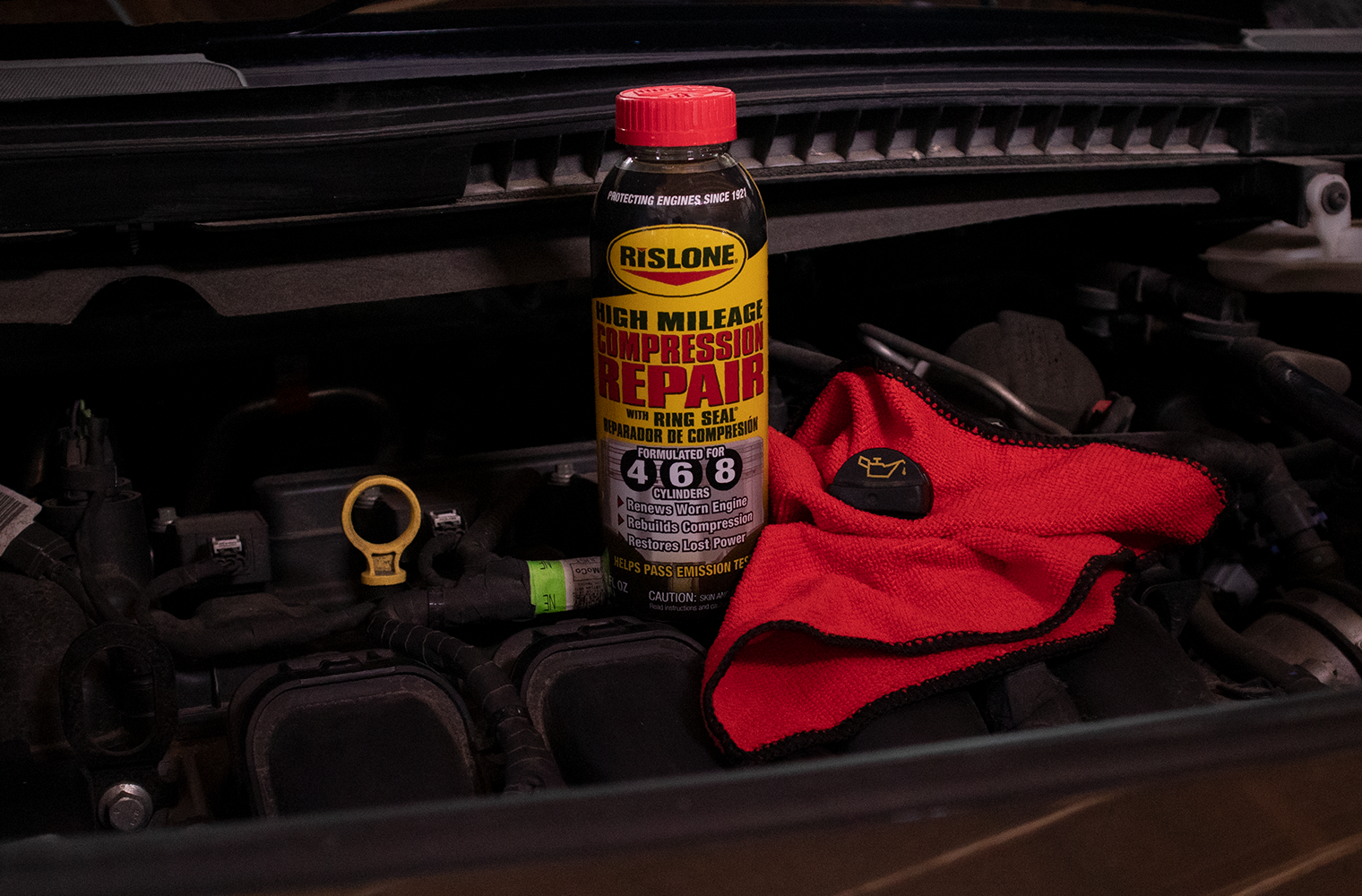
Credit: rislone.com
Understanding Low Compression
An engine’s heartbeat is its compression. Imagine squeezing a spring in your hand. That tightness? That’s what gives an engine its get-up-and-go power. Now, what if the spring’s weak? Your engine feels that too. That’s low compression. Let’s dive into why it happens.
The Role Of Compression In Engine Function
Compression is critical for an engine’s performance. Each cylinder needs a tight squeeze of air and fuel. This mix sparks up, pushing the piston down, and vroom—your car moves. Good compression means more power and a smooth run.
Common Causes Of Low Compression
- Worn piston rings: These rings should hug the cylinder walls tight. When they don’t, air escapes.
- Valve problems: Intake and exhaust valves must close up all the way. If not, compression drops.
- Head gasket leaks: This seal keeps everything snug. A leak equals a compression thief.
- Cracked cylinder walls: Cracks mean holes. Holes mean air can slip out. That’s a no-go for compression.
Coil Packs Vs. Engine Compression
Coil packs and engine compression are essential for a car’s performance. They may seem unrelated, but issues with one can impact the other. Knowing the difference is key for any car enthusiast.
How Coil Packs Work
Coil packs are crucial for ignition. They spark plugs to life, turning fuel into power. This leads to a smooth-running engine. Faulty coil packs mean trouble. They cause misfires and reduce car efficiency.
Distinguishing Electrical And Mechanical Faults
When a car struggles, remember this: Electrical faults often tie to coil packs. Mechanical issues, like low compression, stem from engine problems. Spotting the difference saves time and money.
Diagnosing Compression Problems
Car performance issues often lead to a diagnostic journey. Among the suspects is the coil pack, an essential part of your vehicle’s ignition system. A bad coil pack can lead to misfires, but can it also result in low compression? Let’s dive into the diagnostic process to uncover the truth.
Conducting A Compression Test
A compression test is a straightforward way to assess the health of your engine’s cylinders. This test measures the cylinder pressure created during engine operation. A normal reading signifies a healthy engine while a low reading could point to issues with valves, piston rings, or the cylinder’s internal surfaces.
- Warm up the engine.
- Remove the spark plug of the cylinder you are testing.
- Insert the compression gauge’s hose into the spark plug hole.
- Have someone crank the engine while you read the gauge.
- Record the pressure and repeat for all cylinders.
Correlating Coil Pack Health With Compression Readings
It’s crucial to understand that a coil pack’s primary function is to ignite the air-fuel mixture in the engine’s cylinders. While a faulty coil pack can cause misfires, it does not directly affect the compression. Nevertheless, ignition issues over time can lead to engine damage, which may in turn result in low compression.
- Examine the spark plug condition.
- Check for consistent misfires that could indicate a coil pack issue.
- Analyze the compression test results and look for inconsistencies across cylinders.
Fixing The Root Cause
Understanding the connection between a bad coil pack and low compression is vital for your car’s health.
A faulty coil pack can mislead you to think there’s a compression issue.
It’s essential to identify and fix the actual problem.
Addressing Coil Pack Issues
Diagnosing a bad coil pack involves checking for common signs.
- Engine misfires
- Poor fuel economy
- Engine light warnings
Using a multimeter to test the coil pack gives a clear diagnosis.
Replacing a defective coil pack quickly prevents more damage.
Repairing Low Compression Problems
Low compression points to engine trouble.
- Check for worn parts
- Inspect gaskets and seals
- Assess pistons and rings
A compression test can reveal the true state of your engine.
Professional repair is often needed to restore engine performance.
Maintenance To Prevent Future Issues
Keeping your car in top shape is key to avoiding problems down the road. One such problem is low compression, which can sometimes stem from a bad coil pack. Proper maintenance reduces the risk of such issues. Let’s explore how regular upkeep can make a difference.
Regular Check-ups And Part Replacements
Regular check-ups keep your vehicle’s engine running smoothly.
- Inspect coil packs for signs of wear or damage.
- Replace parts that show any hint of failure.
Stick to scheduled maintenance to catch issues early.
The Importance Of Timely Repairs
Timely repairs save you money and headaches.
- Act quickly at the first sign of engine trouble.
- Use quality parts to ensure long-lasting repairs.
- Having a trusted mechanic ensures expert advice and service.
Diligent attention to your car’s needs prevents bigger issues.

Credit: www.quora.com
Frequently Asked Questions On Can A Bad Coil Pack Cause Low Compression
Can A Bad Coil Pack Lead To Low Compression?
A faulty coil pack does not directly cause low compression. Low compression is typically a result of issues within the engine’s cylinders, such as worn piston rings, damaged cylinder walls, or problems with valves. Coil packs influence the ignition system, affecting the engine’s ability to properly ignite the fuel-air mixture, but not compression levels.
Does A Coil Pack Affect Engine Performance?
Yes, a defective coil pack can significantly impact engine performance. It may lead to misfires, rough idling, reduced power, and poor fuel economy. A bad coil pack fails to provide a strong enough spark for proper combustion, leading to engine performance issues.
How To Diagnose A Failing Coil Pack?
To diagnose a failing coil pack, look for common symptoms like engine misfires, the check engine light, poor acceleration, increased fuel consumption, and an uneven idle. A mechanic can also perform a test using a multimeter to check the coil pack’s resistance against manufacturer specifications.
What Signs Indicate A Coil Pack Issue?
Signs of a coil pack issue include engine misfires, check engine light, uneven engine idle, loss of power, and unburnt fuel smell from the exhaust. If you notice these symptoms, your vehicle’s coil pack might be failing and should be checked promptly.
Conclusion
Understanding the link between a faulty coil pack and engine compression is crucial for vehicle maintenance. Remember, prompt diagnostics can save you from costlier repairs down the road. Keep an eye on your vehicle’s performance and address any signs of malfunction immediately.
Maintaining your coil pack ensures your engine runs smoothly, safeguarding its compression levels. Drive safe and smart!

